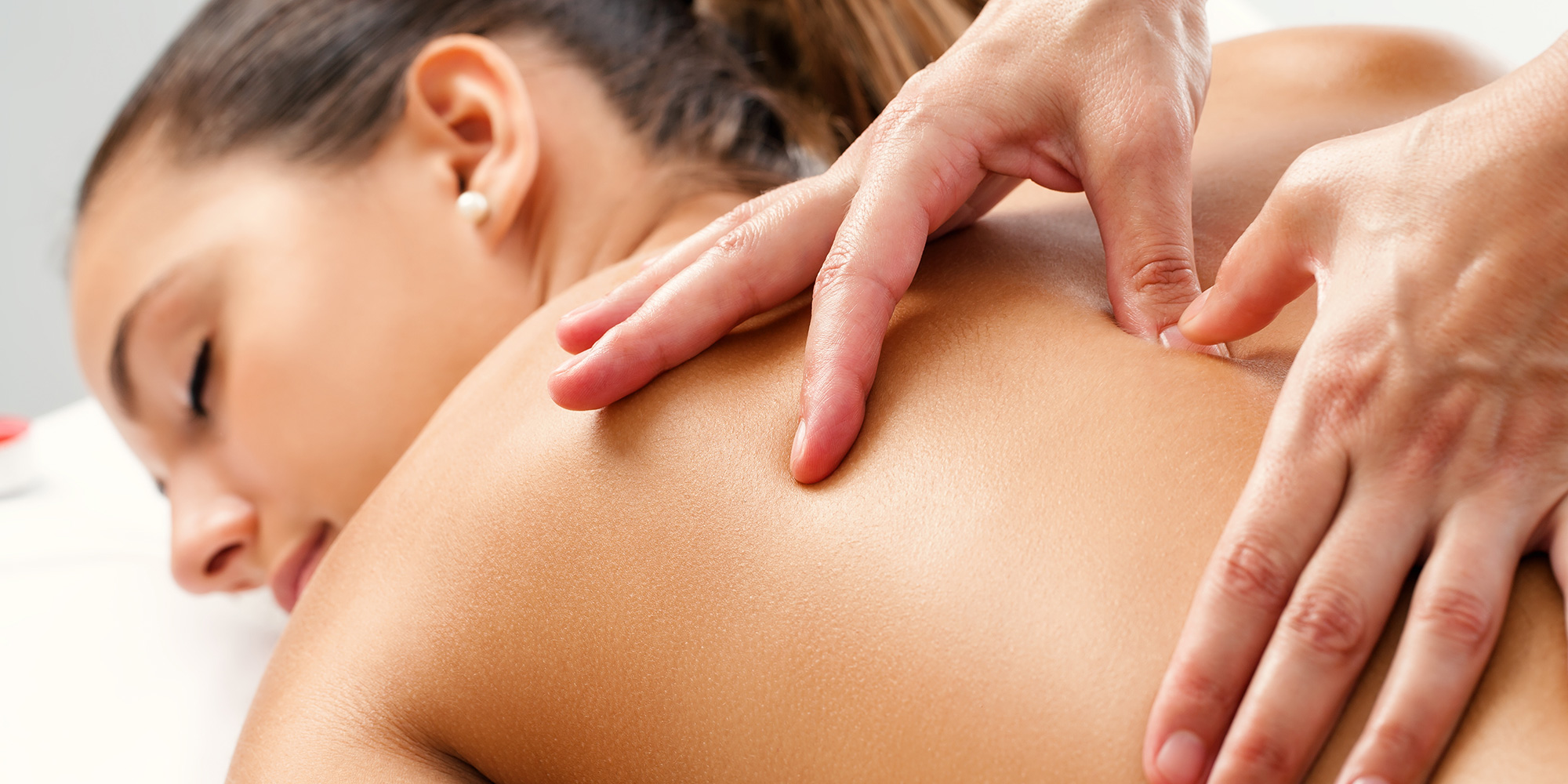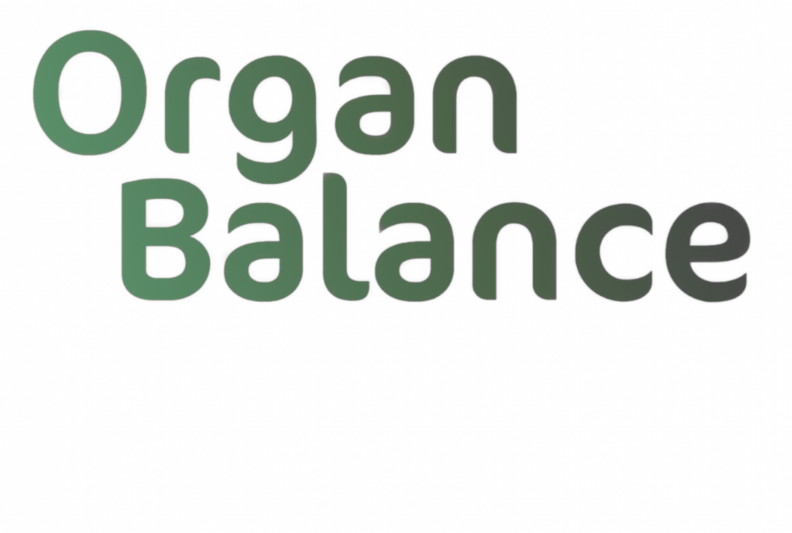
Shiatsu
Shiatsu works with pressure points located on the meridians of the body. When the energy in a meridian stagnates, this can ultimately result in an imbalance within the organs. In that case, a Shiatsu treatment consists of harmonizing the organs. There are twelve main meridians linked to a total of twelve organs in the body.
Shiatsu has an extremely beneficial effect on the autonomic nervous system and more specifically on the parasympathetic nervous system. The autonomic nervous system consists of the sympathetic and parasympathetic nervous systems. The sympathetic nervous system increases heart rate, accelerates breathing and increases blood pressure. From the Eastern perspective, this can be characterized as 'Yang' in nature. The parasympathetic nervous system ensures that the body relaxes, lowers heart rate and blood pressure and ensures relatively calm breathing. From the Eastern perspective, this can be characterized as 'Yin' in nature. Shiatsu therefore has a beneficial effect on our Yin and thus offers the opportunity to experience one's own body better, to feel one's own blockages and to relax more.
About the background and meaning of Shiatsu
Shiatsu is a form of massage that uses, among other things, finger pressure. This is also the literal translation of the name 'Shiatsu' from Japanese. In Japan, traditional Japanese massage was known as Anma. Various massage techniques were used, including Ampuku (abdominal massage). Shiatsu largely originated from Anma, but the underlying theoretical principles are based on the same principles as acupuncture. This involves principles from Chinese Medicine. The well-known methods of Chinese medicine 'acupuncture' and 'acupressure' treat specific points (in Japanese: Tsubo's). The difference with Shiatsu is that no needles are used and the treatment is combined with massage and/or stretching of the body.
Examples of complaints that can be treated well with Shiatsu:
Coughs, colds, sinus and respiratory problems
Headache
Menstrual complaints
RSI (complaints due to repetitive movements)
Insomnia
Digestive disorders
Stiff neck, stiff shoulders and back pain
Stress and tension
Anxiety
Depression
Fatigue and general weakness
